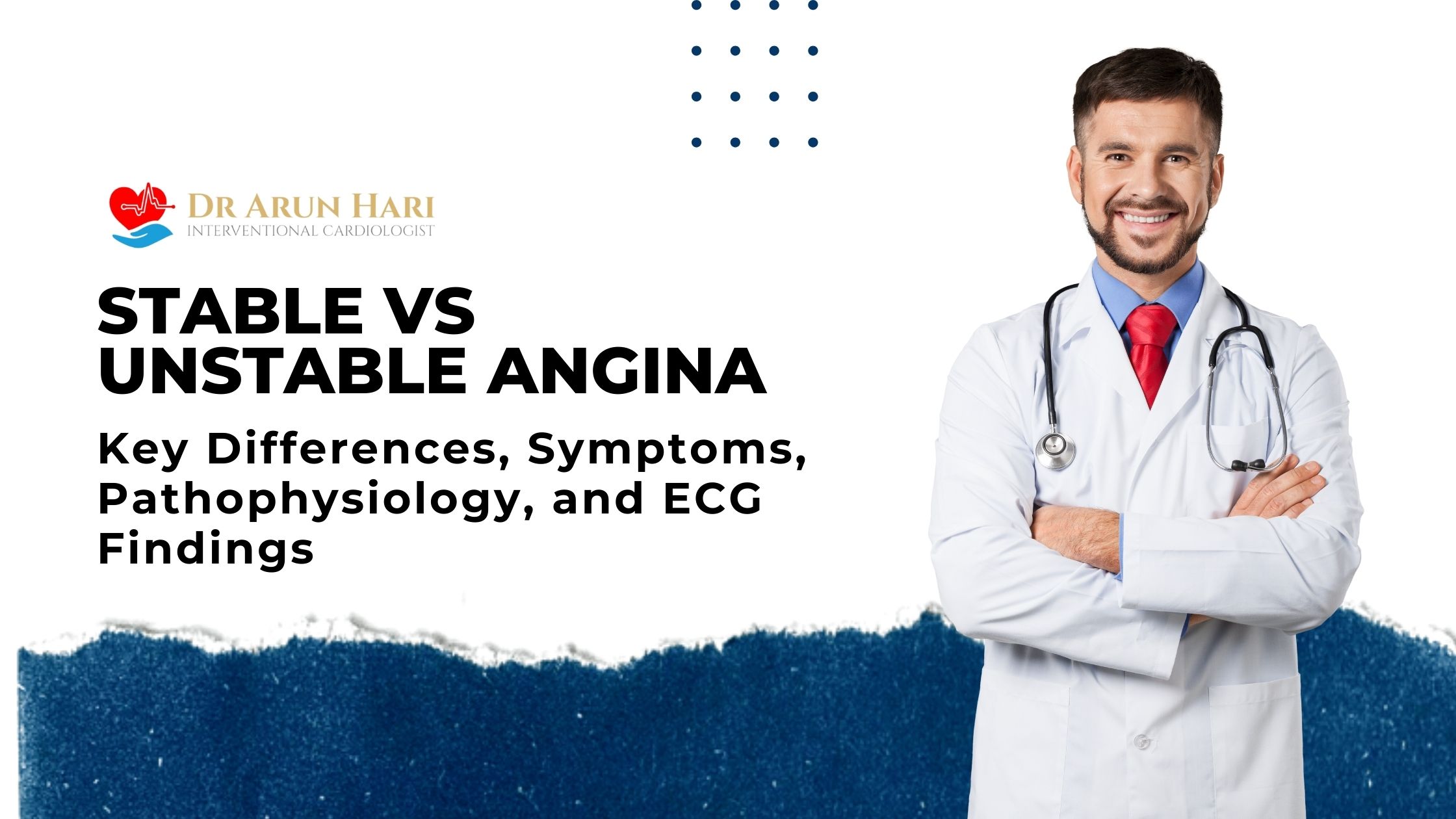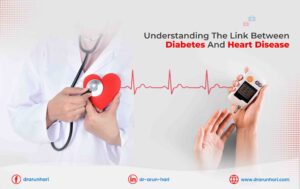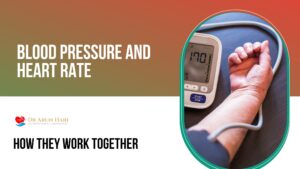“The best way to predict the future is to create it.” – Abraham Lincoln
The Heart’s Song: A Symphony in Crisis
Our choices shape our destiny, but for many individuals in today’s millennial-driven era in Abu Dhabi, a rush towards success is taking precedence over health. Young professionals today are into chasing deadlines, indulging in fast-food culture, & neglecting exercise. They are thus becoming increasingly vulnerable to heart ailments. The once-distant murmur of heart-related issues is now a crescendo affecting even those in their thirties & forties. Earlier the ages in which such issues used to strike were fifties or sixties, but now even the young people are encountering such things. Surely it is the gift of modern lifestyles. There’s still hope with lifestyle modifications. You must also gain good knowledge about medical terms, understand the symptoms so that you can act fast even at the small onset of any such indication. For these individuals, recognising the difference between a fleeting chest pain & a potential cardiac event like stable vs unstable angina can mean the difference between life & death. Let us unravel this critical topic with striking clarity.
A Startling Statistic About Knowledge of Stable vs Unstable Angina in Abu Dhabi
As per a study published by the Department of Health (DOH), Abu Dhabi (Year 2023), only 45 percent of adults in the UAE can distinguish between types of anginas, while the prevalence of heart-related diseases is one of the highest globally. This statistic calls for an urgent need for awareness about stable vs unstable angina, their symptoms, and critical treatment avenues. Being aware is half the battle won! Because in that case, you will immediately seek professional help, which would mean timely intervention and right treatment well in time!
Stable vs Unstable Angina: Understanding Heart Health
Angina, the clinical term for chest pain, manifests differently depending on its type. At its core, angina signifies reduced oxygen flow to the heart muscles, usually due to coronary artery obstruction. Here is how these 2 major types differ:
Key Differences
Stable angina vs unstable angina: let us draw the difference, as follows:
- Stable Angina: Usually described as predictable chest discomfort triggered by physical exertion or stress. This form tends to occur because of fixed arterial blockages that restrict blood flow. It ceases with rest or nitro-glycerine intake.
- Unstable Angina: An alarming & unpredictable chest pain that can strike even during rest. Unlike its stable counterpart, it intensifies without warning & tends to signify an impending heart attack.
Symptoms
Stable versus unstable angina symptoms include the following:
- Stable Angina:
- Gradual onset of discomfort.
- Pain intensity diminishes with rest.
- Typically, it has a consistent trigger such as exercise or stress.
- Unstable Angina:
- Pain radiating to the jaw, neck, or back.
- Sudden chest pain, sharper & prolonged.
- Cold sweats, nausea, & shortness of breath may accompany it.
Pathophysiology
- Stable vs Unstable Angina Pathophysiology: Stable angina arises from fixed coronary artery stenosis, while unstable angina involves the rupture of an atherosclerotic plaque, resulting in acute thrombosis.
Stable vs Unstable Angina ECG Findings
Let us look at stable vs unstable angina ECG:
- Stable Angina: ECG may remain normal or show minor ST-segment depression during activity.
- Unstable Angina: Typically presents with more severe ECG anomalies, including ST-segment depression or T-wave inversion.
Stable Angina vs Unstable Angina: Differences in Causes and Symptoms
Causes
- Stable Angina: Primarily caused by coronary artery disease because of long-term plaque accumulation. External triggers such as heavy meals or cold weather exacerbate the condition.
- Unstable Angina: Often caused by ruptured plaques, blood clots, or severe vasospasms, signalling a near-total or total blockage of the artery.
Symptoms
In comparing chronic stable angina vs unstable angina, a significant distinction lies in the onset & duration of symptoms, as follows:
- Chronic stable angina episodes are predictable & short-lived.
- Unstable angina demands immediate medical intervention, as symptoms persist & worsen despite rest.
Meet Arun Hari: Your Tryst with Heart Care in Abu Dhabi!
Located at the renowned LLH Hospital in Abu Dhabi, Doctor Arun Hari leads the charge in cardiology. With a commitment to cutting-edge treatments & patient-first care, his expertise ensures timely detection & management of unstable and stable angina. Whether it is determining the difference between stable and unstable angina or handling critical cardiac interventions, Doctor Hari is the trusted ally for those navigating the complex terrain of heart health. Visit him for a comprehensive consultation & personalised treatment plan. He is known for this great expertise, which is backed by his profound knowledge and great skills in this domain. You can benefit greatly from his expertise to bring back life into your bodily system by making your heart better. This is your chance to care for your heart. Remember, good health is the only wealth! So, it is time now to see the clock and run towards the doc!
Conclusion: Knowledge is the First Line of Defence
Recognising the distinctions between stable and unstable angina is not just an academic exercise; it is a step toward proactive heart care. Both types (stable vs unstable angina) are signals from your heart—one as a whisper & the other as a scream—that deserve your attention. Timely medical care, lifestyle adjustments, & awareness are the triad of defence against angina-related risks. In Abu Dhabi, where millennials are shaping their futures amidst mounting professional pressures, knowledge about angina vs unstable angina & meeting Doctor Arun are the crucial steps towards fostering a heart-healthy society. He can do wonders to your heart health! You should be serious about your condition even at the slightest onset of any of the symptoms talked above and meet the doc immediately without any further delay. Your heart will thank you for it! Love your heart, meet the doc!





